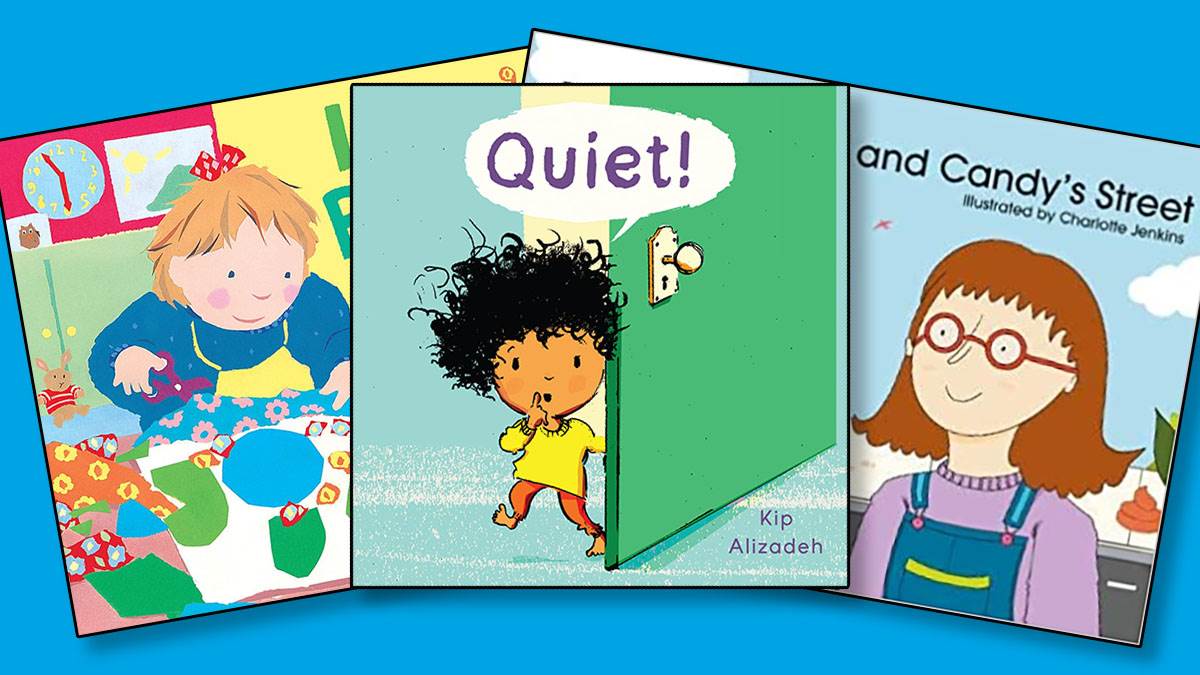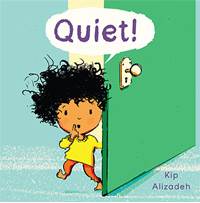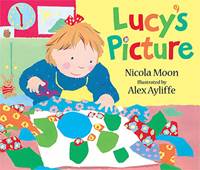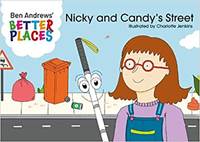Creating accessible library story times: Representation
It's really important for children to see themselves in books. Here are three recommendations of great stories featuring young people who are blind or partially sighted.

 1. Quiet by Kip Alizadeh
1. Quiet by Kip Alizadeh
Ssh! Listen. What's that noise? What can we hear when we're really, really quiet?
A toddler enjoys the range of sounds they hear as their busy day comes to an end, from the bustle and chat of dinner time to the quiet hush of their father's voice at bedtime. The text and sensory clues to be found in this enchanting, inclusive picture book allow us to experience our home through its many noises.
Auditory landmarks help all children to become familiar with daily routines and can be particularly important to those who are blind or partially sighted.
 2. Lucy's Picture by Nicola Moon
2. Lucy's Picture by Nicola Moon
Lucy wants to make a picture for her grandpa, but she doesn't want to use the brightly coloured paints with the rest of the children. Lucy's grandpa is blind, so Lucy makes him a very special picture with twigs, feather, velvet and sand – a picture he can feel with his fingers.
This heart-warming story about a little girl's imagination and the love between grandchild and grandparent is perfect for sharing with young children.
 3. Nicky and Candy's Street, by Ben Andrews and Charlotte Jenkins
3. Nicky and Candy's Street, by Ben Andrews and Charlotte Jenkins
Candy is a tall, thin white cane Nicky uses to get around, but when a trip to a friend's house proves difficult, can you work with Candy to make the street a Better Place?
The 'Better Places' series has been written to help highlight to children, parents and educators the issues disabled people currently face, whilst providing an outlet to take positive action.
Introducing these concepts at an early age will increase understanding as they grow into adults to support a more accessible, inclusive and better future.
If you're looking for more suggestions of books featuring characters who are blind or visually impaired, check out BookTrust's list of recommendations here.
